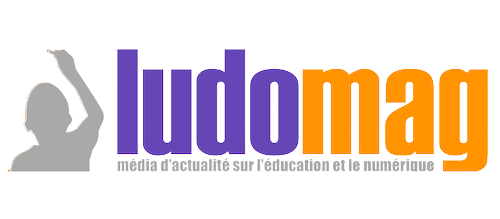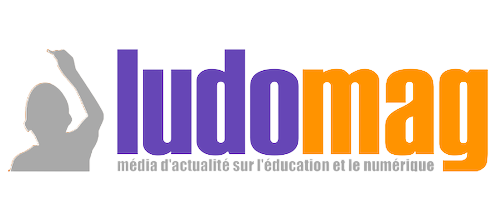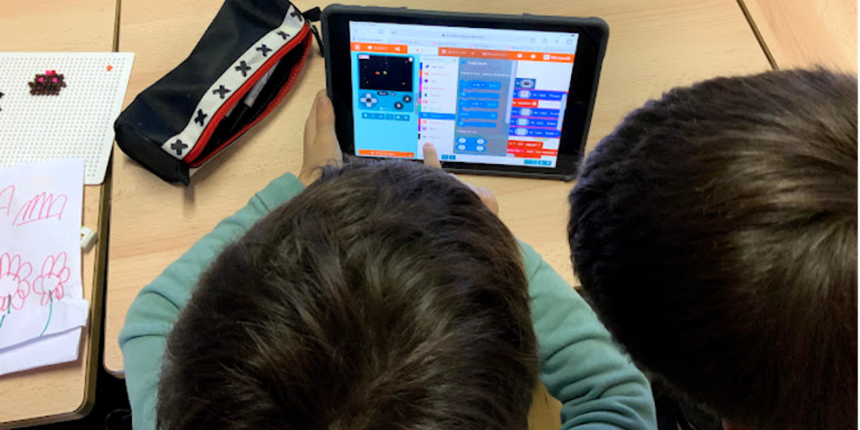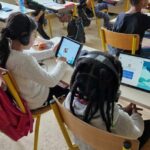Summative assessments, which can be anxiety-inducing, often lead to a drop in performance for some high-achieving students, while others perform better under pressure. How can we create an assessment process where students choose the timing of their evaluations to avoid failure due to anxiety or the Pygmalion effect, within a cooperative multi-age learning environment?
To address this issue, we will discuss the implementation of work plans, success journals, training files, and collaboratively create evaluation scenarios using online questionnaires, video capsules, and H5P multimedia creations. This approach allows each student to become an active participant, even an author, of their own evaluation throughout the year.
Contribution of Digital Tools
In the evaluation and classroom organization system we will discuss, with a few connected devices in the classroom (2 or 3 computers/tablets), we will see how the teacher shifts from the role of evaluator to involving each student in self-assessment. This motivates students to manage their own learning schedules. In this way, the teacher can spend more time with the most vulnerable students, providing strong support, while high-performing students can manage their own organization.
Relation to the Edition’s Theme
Just as having a « pen » or « compass » room makes no sense, having terminals in the classroom, accessible through a work plan organization, makes evaluation continuous. Students can validate their academic skills throughout the day or help less advanced peers. Video capsules multiply entry points to knowledge, and questionnaires provide useful checkpoints for the teacher.
Summary and Classroom Benefits
This approach, used in a multi-age class (five levels from CP to CM2) in an urban setting, has proven effective: younger students are motivated by seeing older ones organize themselves, creating an environment where knowledge is central. Older students enjoy seeing others succeed, which is a powerful reinvestment tool as everyone can find themselves in the role of knowledge or skill holder at some point during the year.
At the 21st edition of the Ludovia Summer University, many teachers and other educational community members will present their experiences with digital tools on this year’s theme, « The Everyday Use of Digital Technology in Classrooms and Schools. » Ludomag offers you a preview of these workshops leading up to the event, starting Monday, August 26.
Hervé Allesant will present the workshop « Individualized and Asynchronous Assessments in a Multi-Age Urban Classroom: The Contribution of Digital Tools » during the opening session on this year’s theme, Tuesday morning, August 27.
More information: www.ludovia.fr








